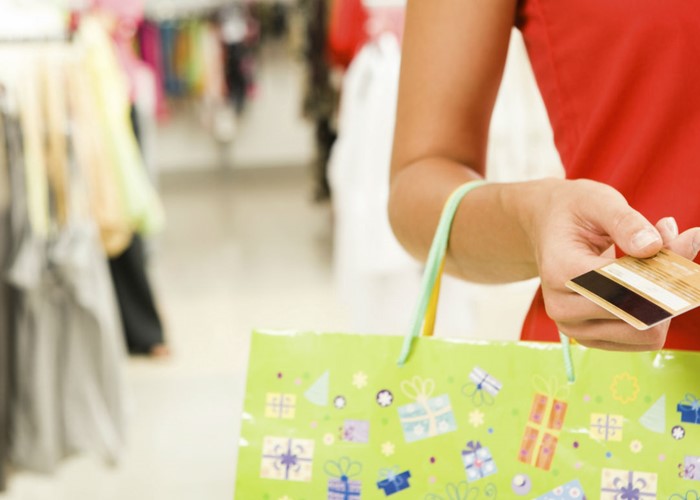How to shop safely: avoid getting scammed online or in-store

Criminals are more active during busy shopping periods. Here’s how to stay safe, whether you shop online or in-store.
Many shoppers are leaving themselves vulnerable to criminals because they fail to take even the most basic safety steps.
According to a Nationwide Building Society poll of 2,000 people, almost half admitted to not checking their current account or credit card statements regularly to compare the details against what they know they have bought.
This means they run the risk of not spotting a fraudulent or unknown transaction on their account.
For those that choose to shop on the high street, one in 10 admitted to not shielding their PIN number when withdrawing money or paying for a purchase by card.
As for online shoppers, almost two in five of those polled could not identify whether a website was secure or not – identified through a padlock symbol.
Check your credit report for any suspicious activity
How to stay safe
In order to help people avoid falling victim to crooks, Nationwide has put together its shopping safety tips.
1. Check your statement regularly
Keeping receipts and checking your statement will not only help you avoid overspending on gifts, but may also identify unrecognised transactions and reduce post-Christmas stress.
It’s also important to make sure your financial services provider has your most up to date contact details, in case they need to contact you about anything suspicious.
2.Keep your PIN safe
When withdrawing cash make sure no-one is ‘shoulder surfing’ - looking over your shoulder when entering your PIN.
3. Keep your anti-virus software up-to-date
Even links in Christmas e-cards can contain malware, which can harm your device, according to Nationwide.
You shop online because you find it easy. Sadly, so do fraudsters… Always remember to check a site is secure and #TakeFive before you buy pic.twitter.com/raG9jQ4gP8
— Take Five (@TakeFive) December 6, 2016
4. Don’t fall for voucher scams
Everyone loves a bargain, but if it seems to good to be true then it probably is.
If you see a voucher that requests financial details, then it’s almost certainly a scam. If you’re unsure, double check vouchers directly with retailers.
You can also read more in our guide to spotting supermarket voucher scams.
5. Don’t send cash by post
Can’t decide what to get someone? If you do decide to give them cash, make sure you hand it over in person or, if they live far away, transfer it directly into their account.
If you send money in a card, anyone can open it.
Check your credit report for any suspicious activity
Stay safe! More guides to secure shopping from loveMONEY:
Tesco prize draw scam: how to stay safe
Comments
Be the first to comment
Do you want to comment on this article? You need to be signed in for this feature